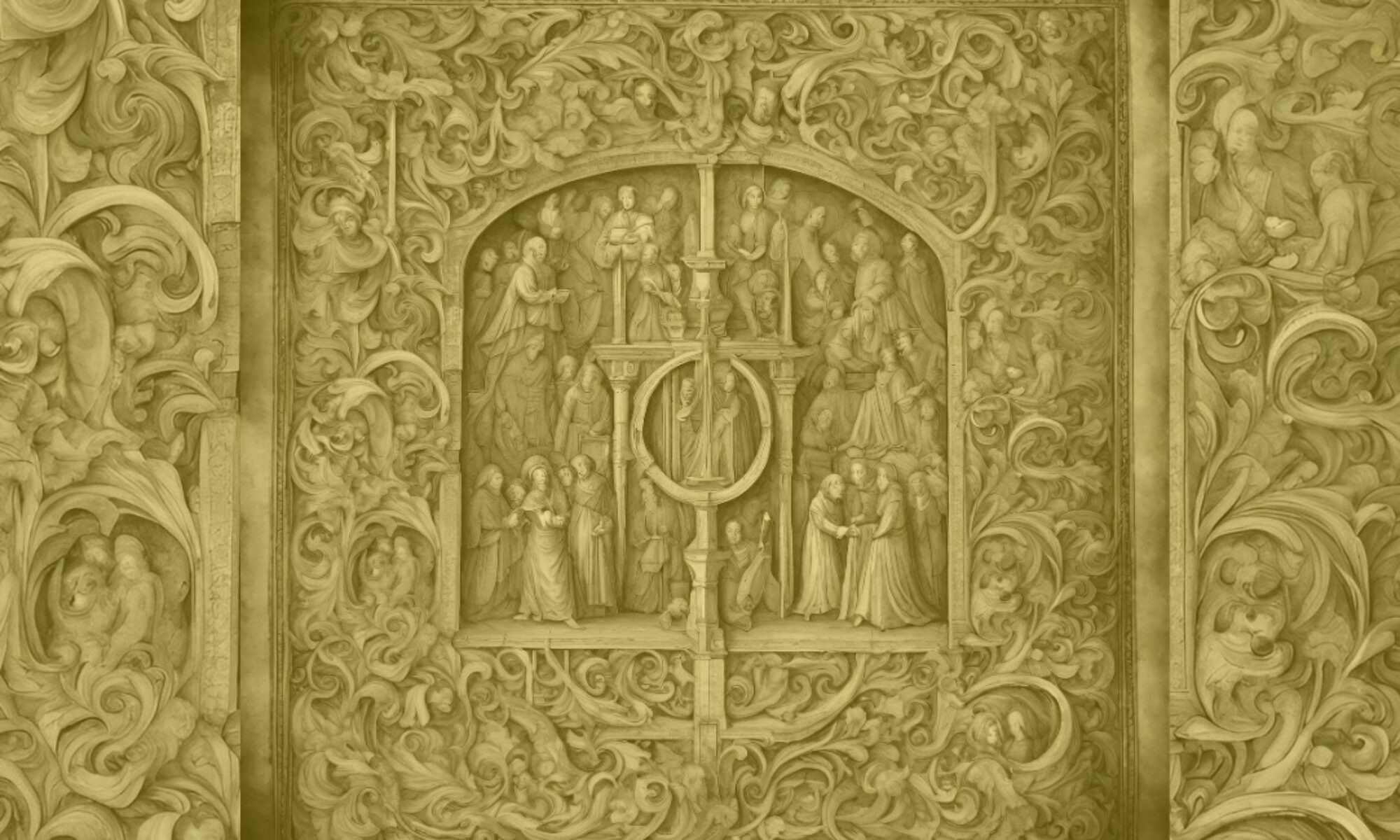Leon’s talk is called “Sensing the Landscape, Shifting the Lens: In Search of Wellness and Healing through Language, Story, and Perception”

Once in his life a man ought to concentrate his mind upon the remembered earth. He ought to give himself up to a particular landscape in his experience; to look at it from as many angles as he can, to wonder upon it, to dwell upon it.
— N. Scott Momaday
Our relationship with the natural world may be seen as essential to our well-being. Yet, perceived through the lens of Western culture, humans have often considered themselves as separate from the earth and other living beings. Does a felt sense of separation from the living earth affect our very breath, our cells, our essential well-being? Does our capacity to be fully human actually depend on our connections with the more-than-human world?
Through the voices and life experiences of David Abram, Thomas Berry, and Barry Lopez, we will explore ways of speaking, sensing, and understanding that enhance our capacities for healing and wellness. We will consider how shifting language, perception, and cultural assumptions may serve as a form of nourishment — a transformative balm while finding our way through the unprecedented crises we are now facing. Fair warning: this may change the way you experience a morning sunrise, a birdsong, or what the river says.
About Leon
Leon Aliski, Ph.D. holds a doctorate in cultural mythology and depth psychology from Pacifica Graduate Institute. His dissertation entitled, “Wild Bison and the Buffalo People: Reimagining ‘The Heart of Everything That Is’,” explores the cultural and historical significance of the buffalo for Plains Indian peoples as expressed through sacred narratives, songs, visions, and ceremonies. He is a supporter of Cloud Horse Art Institute, dedicated to Lakota traditional arts, performing arts, and culture camps, and the Reel Jobs Film School located on the Pine Ridge Reservation in South Dakota.
